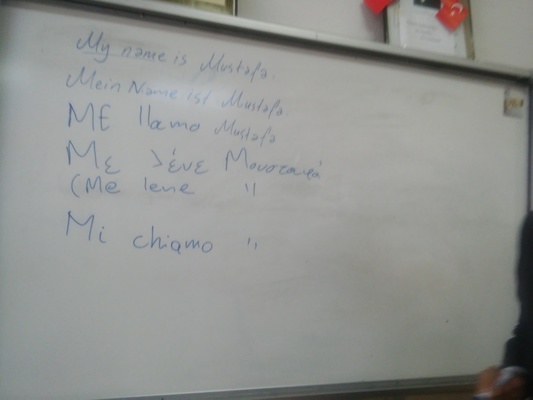4th Learning, Teaching and Training Activity in Izmir
This activity aimed at collecting, creating and sharing local tangible and intangible cultural goods in terms of culinary traditions, oral traditions, religious traditions, folklore and entertainment.
It was physically attended by three of the five partner school teams; the Italian, the Greek and the German one (with teachers only). The Czech and Spanish teams sent in their presentations but were sadly unable to attend the meeting.
It included three main tasks:
1) collecting, executing and sharing traditional recipes; (Gastronomy)
2) collecting, documenting on and participating in simulations of ceremonies at different occasions eg. weddings, funerals and celebrations; (Folklore)
3) collecting, documenting and participating in traditional games, dances, performances and myth and tale role-plays (Entertainment)
Here is an overview of the tasks and outputs of this activity
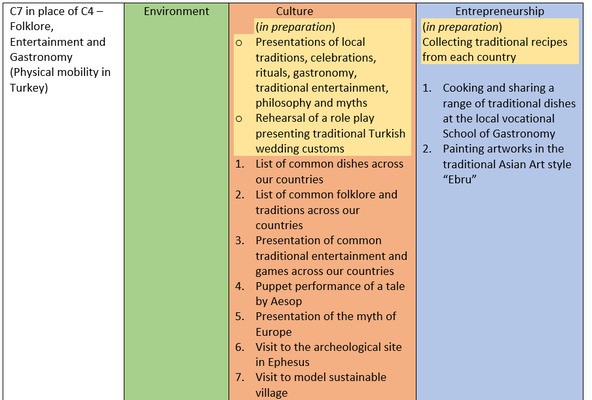
Beyond as well as within the scope of this activity, the host school prepared a tourist programme for the guest participants including folklore, art workshops, historical and religious monuments, traditional entertainment etc
This is a group photo at the feet of a Christian religious monument, the statue of Mother Mary the Virgin near Ephesus, another token of our shared cultural heritage.
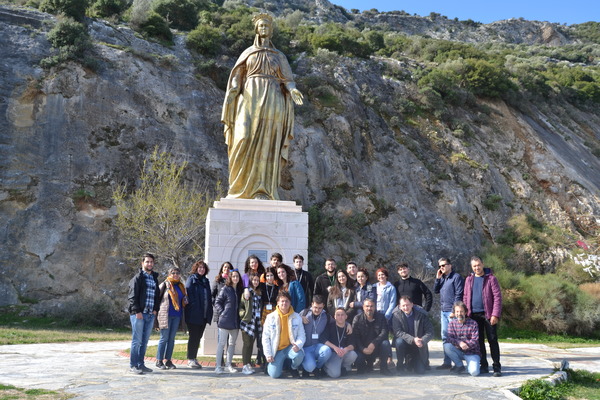
Our visit to Ephesus will remain unforgettable!
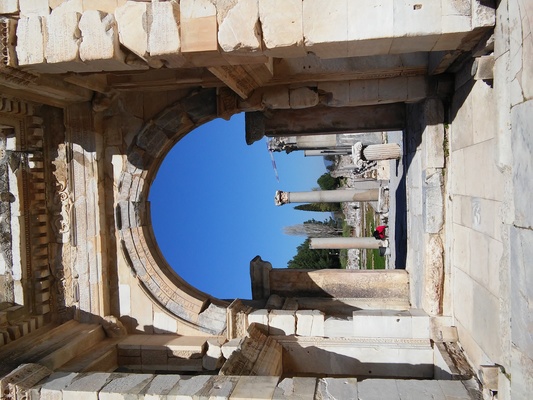
as well as the workshop at MAKET KÖY, the model village where we saw how people lived in the last centuries in the most sustainable way!
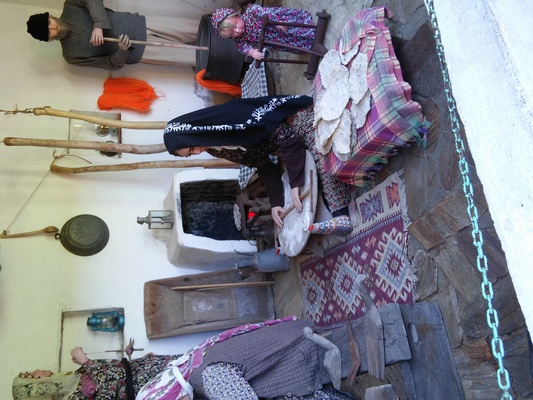
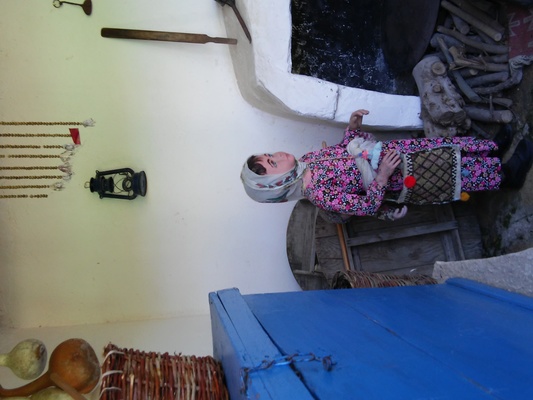
doing jobs that have now sadly disappeared, like the tailor's
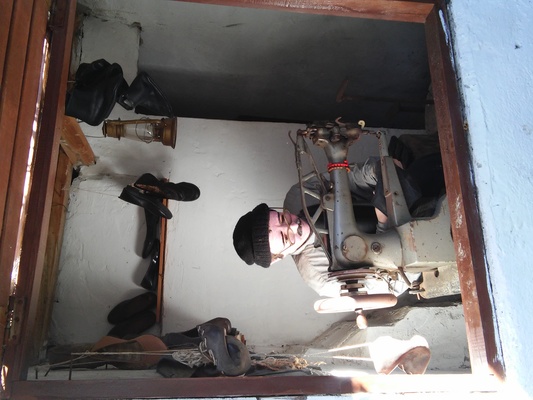
We were also taken to a traditional village, Siringe, where people live from sustainable tourism selling their local organic produce of wine and other goods, arts and crafts. etc
This is an overview of all the sighseeing activities of this meeting created by the Italian team.
One of the highlights was sharing our traditional dances. Here is a Greek dance from Ikaria, the "Ikariotikos"
Another unique experience was the Ebru Art workshop at which we all painted our own 'masterpieces' in an ancient oriental style, the Persian "Ebru" Art.
Of course, there was now time for the peer-teaching of Turkish that had been pending since the previous meeting in Athens.
